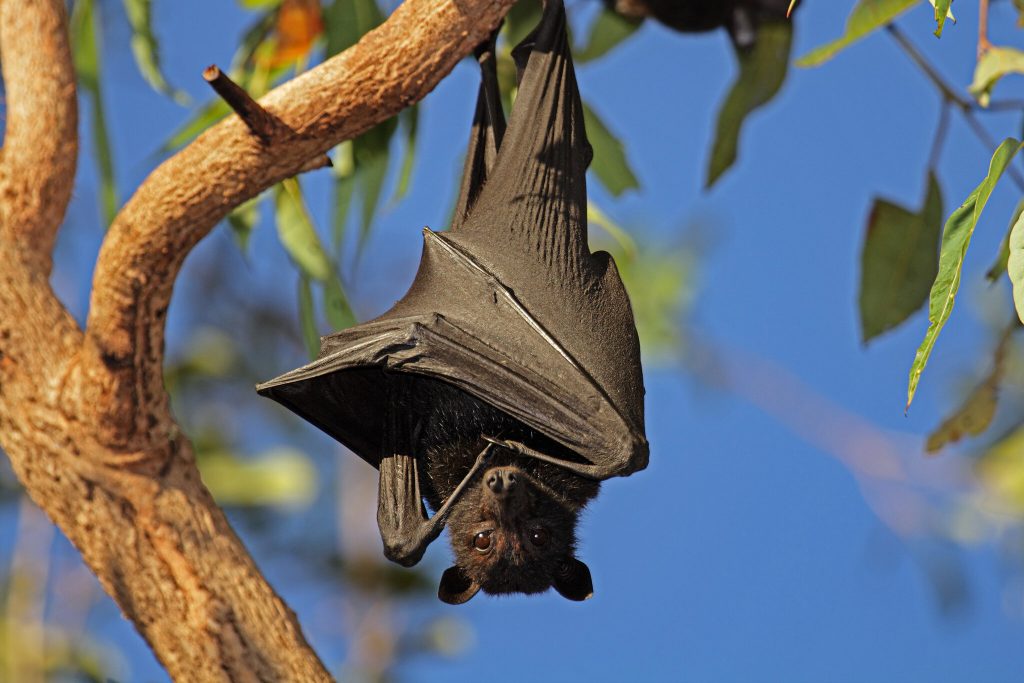
Scientists say they have found evidence that changes in animal behaviour caused by damage to forests can lead to wildlife and humans being exposed to dangerous viruses.
A study led by Stirling and Wisconsin-Madison Universities focused on a forest in western Uganda where palm trees have become extinct as a result of people using them to dry tobacco leaves.
Scientists filmed chimpanzees and antelope finding an alternative source of minerals in bat excrement.
But tests found this contained several viruses including one related to the virus that caused the Covid-19 pandemic.
“About a quarter the 27 viruses we identified were viruses of mammals – the rest were viruses of insects and other invertebrates,” Prof Tony Goldberg told the BBC.
“All 27 viruses were new to science, so we don’t know what effects they might have on humans or other animals. But one virus stood out because is was a relative of a virus everyone knows: SARS coronavirus 2.”
Researchers hope their findings could help understand and prevent the onset of outbreaks, epidemics and pandemics including coronaviruses and possibly Ebola.





